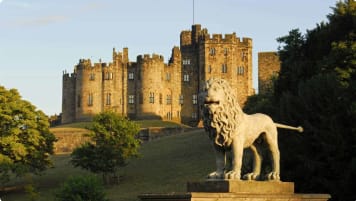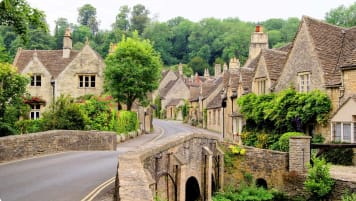Exploring York
Article about York, England. Explored on a small group educational tour for senior couples and mature singles curious about history from the Romans, the Vikings and the industrial revolution. Including the famous York Minster a great cathedral!
17 Sep 21 · 2 mins read
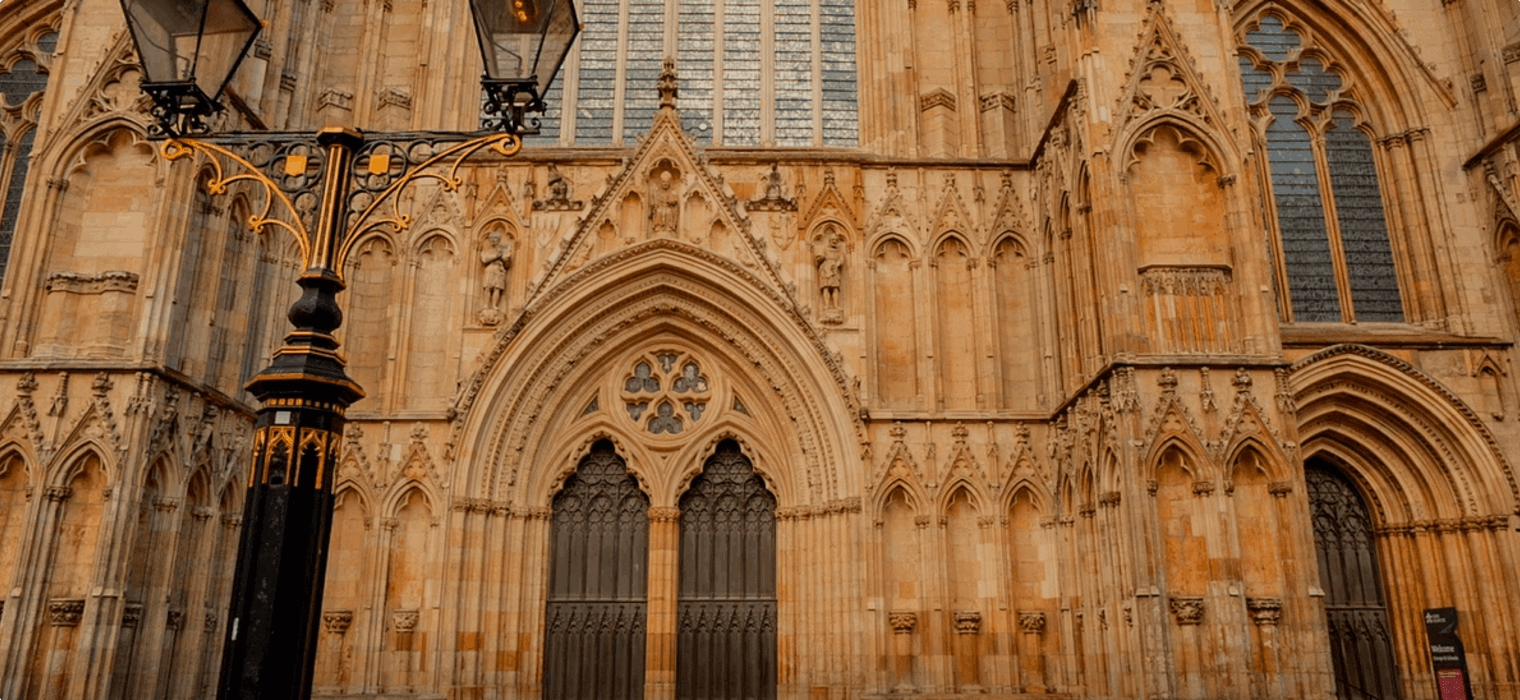
Exploring York
Like a page out of a history book, the North-Eastern city of York in the United Kingdom is a Gothic wonder. This is a great day tour from London, with its rich history and amazing scenery. From your London hotel or accommodation, you can simply hop on a train and be in York in under two hours. York is perfect for a weekend escape whilst touring England on vacation, as it will energise you with its breathtaking landscapes, architecture, and history. But it is even better as part of a small group tour for senior couples and mature singles exploring, Roman, Viking or just English history including the industrial revolution.
If this travel experience is of interest to you, you can explore York while on a Britain tour with Odyssey Traveller. Our Queen Victoria’s Britain tour is one of our popular tours of England, and takes you to quaint villages, beautiful scenery, and monuments, while learning all about the changes that Britain underwent under Queen Victoria’s long reign.But first, what is there to see in York? What lies beyond this walled Roman fortress, aside from York Minister, one of the world’s most beautiful 13th century cathedrals, and The Shambles, York’s fascinating ancient street? Encounter the best stories of York in these 15 places that will leave you yearning for more.
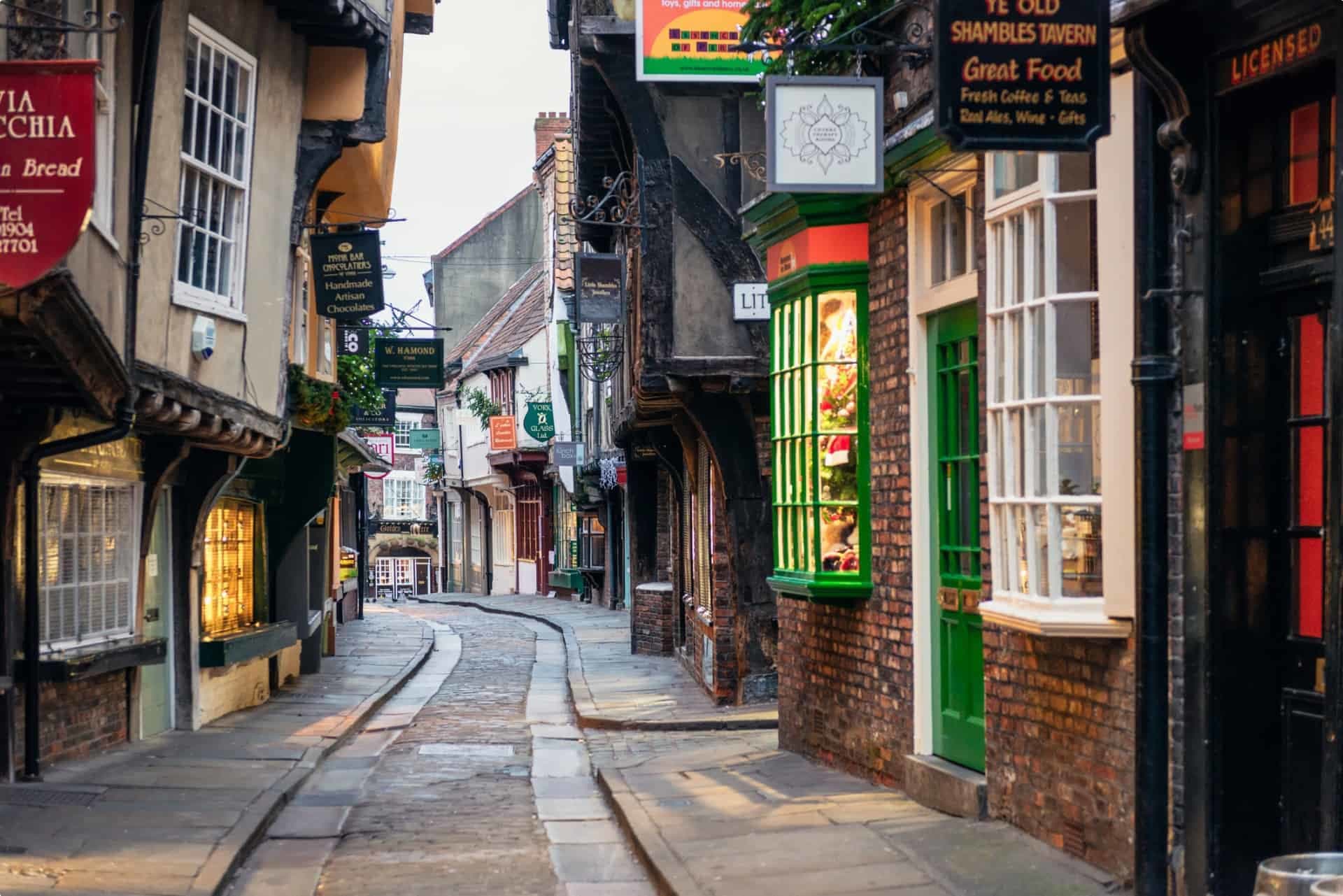
Constantine’s Statue
The celebration of the birth of Christ – Christmas – was inaugurated by Constantine the Great. That’s right, the Roman emperor crowned in AD 306 in York, initiated Christmas! He was remembered as “the Great” for a reason – not only did his Christian faith change the religion in European history, he also united the Roman empire after almost 80 years of political fragmentation. Commissioned in 1998, the bronze statue of Constantine the Great sits next to the York Minister. In 2016, the statue was damaged when Constantine’s sword was stolen. Everybody wants a piece of history – in this case, literally.

Assembly Rooms
The place to be if you were rich in the 18th century? York’s Assembly Rooms. Playground for the glamorous, this entertainment hub was where aristocrats gathered to socialise on a weekly basis. Reminiscent of an 18th century Egyptian hall for events like festivals, the Assembly Rooms were subscription-funded and first used in August 1732. Representative of the decadent in the 1700s, the well-received design subsequently became the paradigm of country houses’ formal reception rooms. Occupied by an Italian restaurant today, you don’t need to be wealthy to enjoy this neoclassical building – prepare yourself for a feast (in more ways than one).
Goddards
A contrast to the grandeur of the Assembly Rooms, Goddards is a historic home designed by the renowned York architect Walter Brierley. Built by Noel Goddard Terry (yes, of Terry’s chocolate factory) for his family in 1927, the family-friendly place and beautiful gardens opened to the public in 2012 following restoration efforts. From stairs embodying the Arts and Crafts movement to barrel-vaulted ceilings, you will find handmade beauty at every turn. Historic exhibitions are often held in this quaint home, and vintage typewriters and sketch pads are available whenever inspiration strikes.
Cold War Bunker
If you have always wanted to experience a dystopian world you’ve seen on screen, here’s your chance. At the height of the Cold War, Britain was prepared to live in a post-nuclear-holocaust. Of the thirty created in 1961 around the country, the remaining operational bunker lies in York. Face the frightening realities of that time as you step past doors able to withstand a nuclear blast. The bunker’s radio equipment for communication with the outside world, utilitarian beds, and air filters enforce the realisation of a plausible dystopia.
York Cold War Bunker by English Heritage
Snickelways
Perhaps you have heard of York’s lesser-known alleyways and streets from A Walk Around the Snickelways of York. This famous, 1983 book by Mark W Jones has been reprinted over the years with updated maps. From hole-in-the-wall pubs to shortcuts through to markets, get lost in the odd shops hidden in these lanes. If you find yourself hungry along the way, fret not – these snickelways are nothing short of cafes and soup kitchens.

Roman Bath Inn
Step back into Roman York with a display of its social centre. Occupied by an inn since 1783, refurbishments to its pub in 1930 uncovered a bathhouse used by the Roman military. Dating from the 4th century, original tiles and seals from the 6th and 9th Roman legions were found. Weapons and armour complete the showcase today. A frigidarium (cold bath) and hypocaust system which kept the room warm are a few of many interesting features of the bathhouse which originally spanned a large section of the York fortress.
Astronomical Clock
You can spend hours at York Minister – it is equally intriguing both inside and out. This also happens to be where you come to see the stars. In 1955, as a tribute for 18000 men who fought in World War II, an Astronomical Clock was built in the north transept. Unveiled by Prince Phillip 11 years after it was conceived, this Clock was repaired after a being damaged by a fire in 1984. Based on the pilot’s perspective of the sky whilst flying over York, the Clock was designed by Dr R.E. Atkinson of the Royal Greenwich Observatory. The roll of honour, illustrated with aircrafts of international allies, lies before the clock. The Pole Star and the Great Bear – northern stars which neither rise nor set, can be viewed from the Astral Dial, and the horizon can be viewed from the Zodiacal Dial.
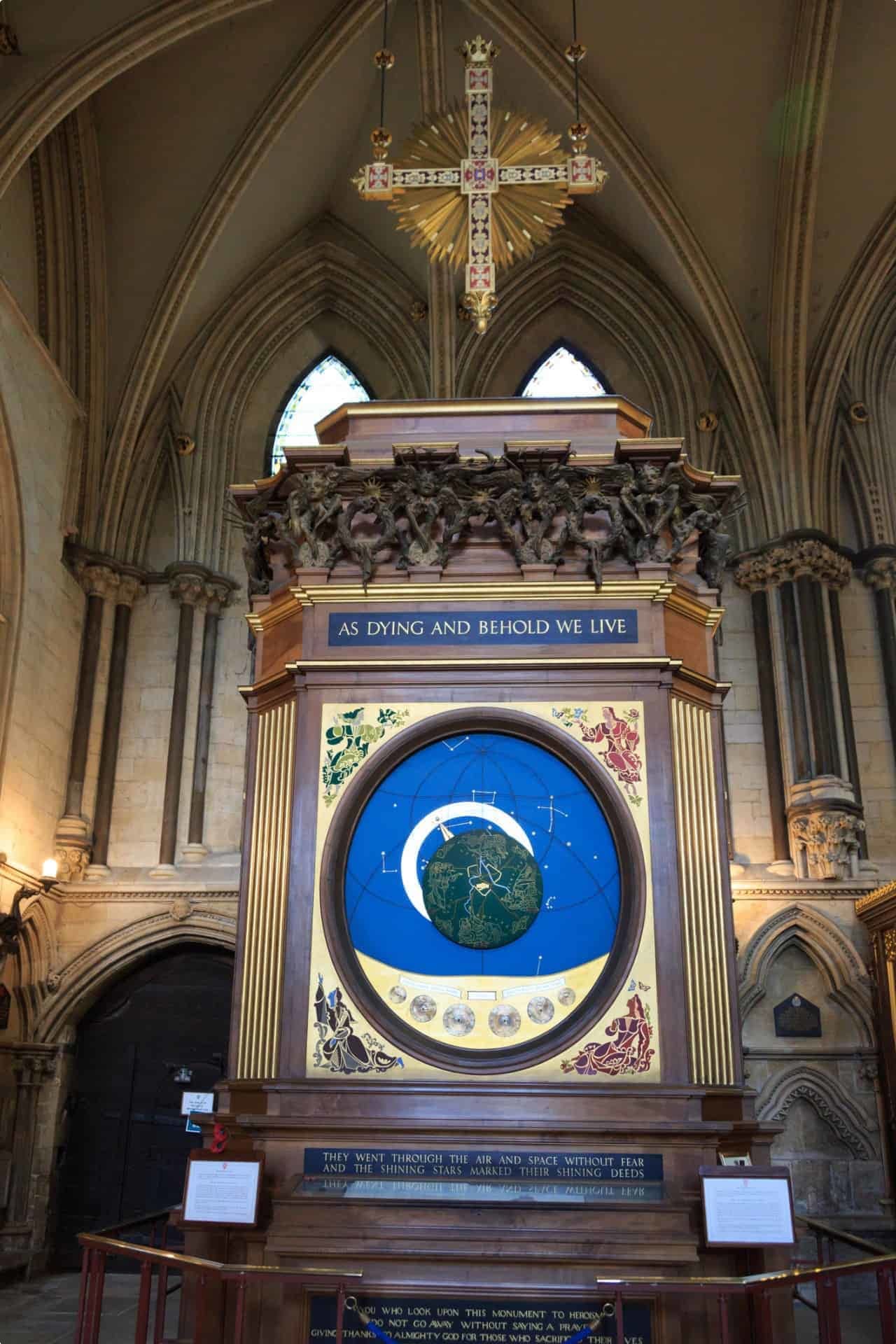
National Railway Museum in York
What makes York’s National Railway Museum different from other railway museums? Aside from the jaw-dropping engines exhibited, it is home to a bullion box with a bag of lead shot that was part of the First Great Train Robbery. £12000 of gold bullion (roughly £2.5 million today) was replaced by lead shot on the London-to-Dover night-mail service on May 15, 1855. A pair of railway workers and two friends were only revealed to be the culprits when one of their lovers turned them in to the detectives.
Bootham Bar
One of the four main medieval gateways to the walled city is Bootham Bar. Guarded by three statues overhead – a mayor, a knight, and a mason, it was constructed in the 1300s with an archway from the 11th century. Following long-standing discord with their Northern neighbours, a doorknocker for Scots was built in 1501. It was even lawful (except on Sundays) to kill a Scotsmen in York using archery! Similar to the city’s other Bars, traitors’ heads were displayed, not unlike those in (almost) every episode of Game of Thrones.
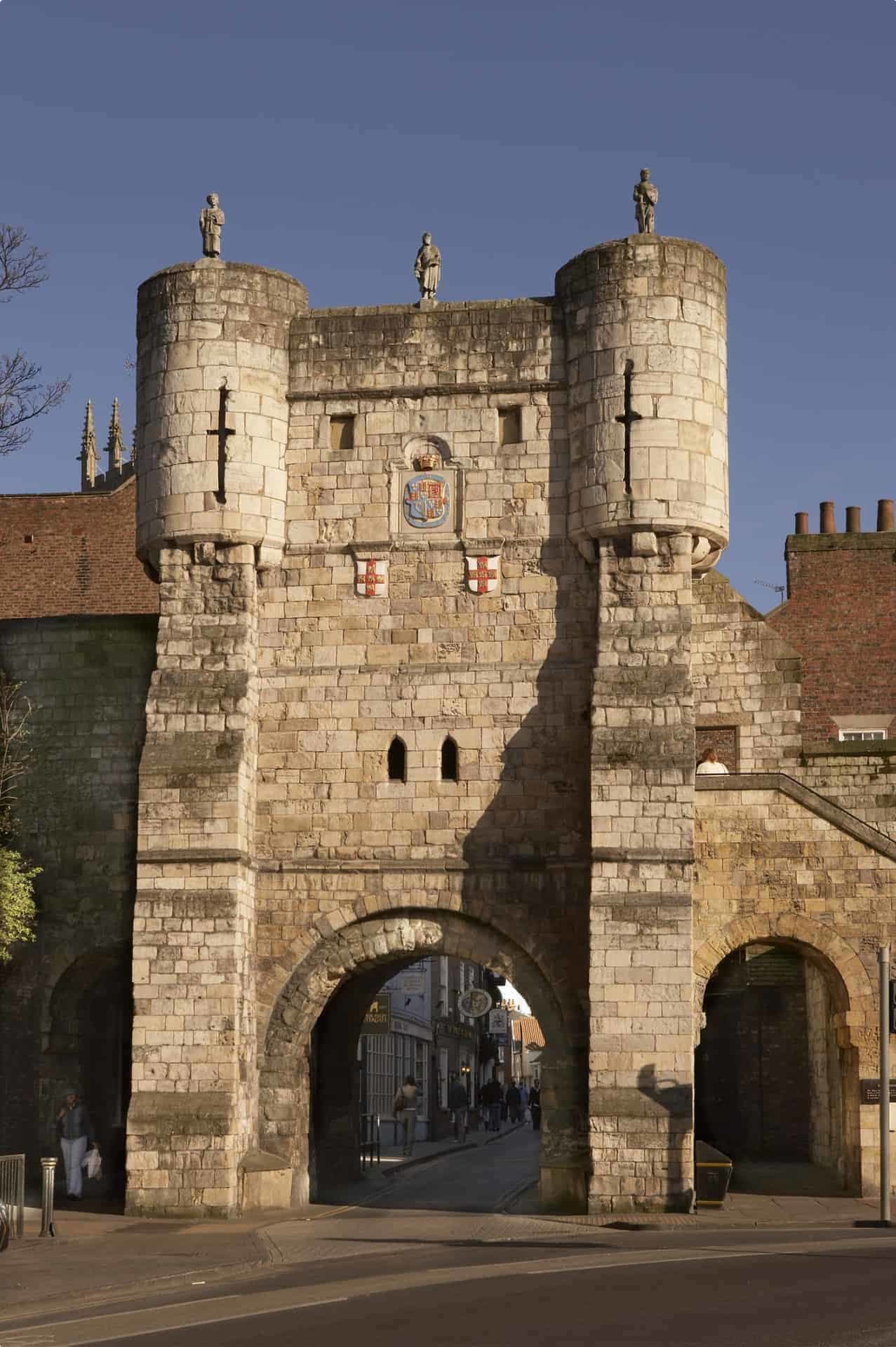
City Archives
The city’s records, from 1155, can be found in York’s Archives. Housed in the main central library, centuries of York’s stories are at your fingertips. Yes, they are as precious as you think – the records are kept in a regulated environment in a golden room. History was not always this accessible, however. Initially in the main art gallery, appointments had to be made and archivists were in-charge of finding the particular record you were after.
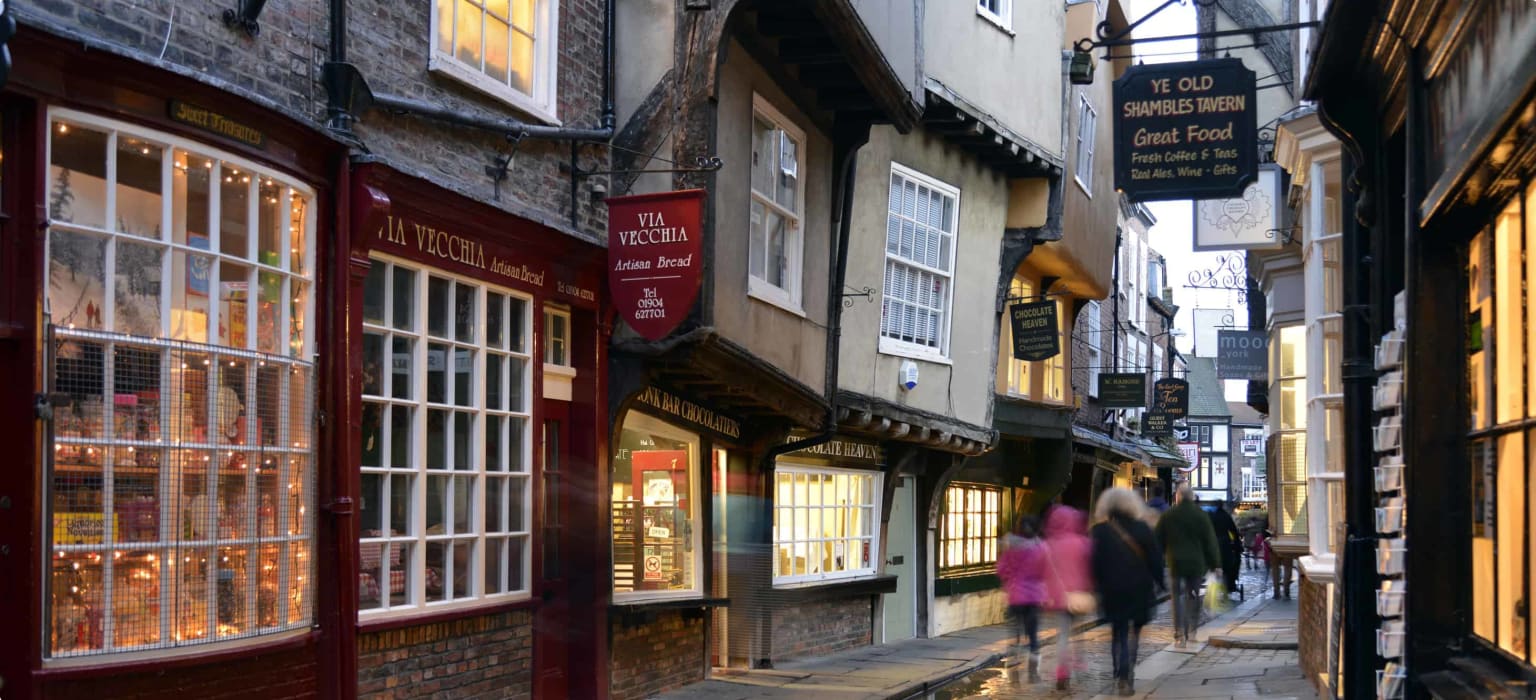
Duttons for Buttons
Duttons for Buttons is a family-run haberdasher most fall in love with. Built in 1956, their branch in York is the historic home to over 12000 designs of buttons and other embroidery materials. With an expanding collection of exotic buttons from around the globe, their buttons have been featured in blockbuster film franchises such as Pirates of the Caribbean, and their staff are experts consulted by Hollywood designers.
Fairfax House
The names Robert Fairfax or Black Tom Fairfax might ring a bell, but it is Charles Gregory whom Fairfax House was named after. Part of a tragic family history, the most charming Georgian townhouse in York had been restored in the 1980s, and is now open to the public in all its splendour. The first wife of the 9th Viscount Fairfax of Emley was lost to smallpox, while the second had only one child out of nine who made it into adulthood. This house was Charles Gregory’s gift for his surviving daughter. Today, it showcases a fine private collection of 18th century furniture.
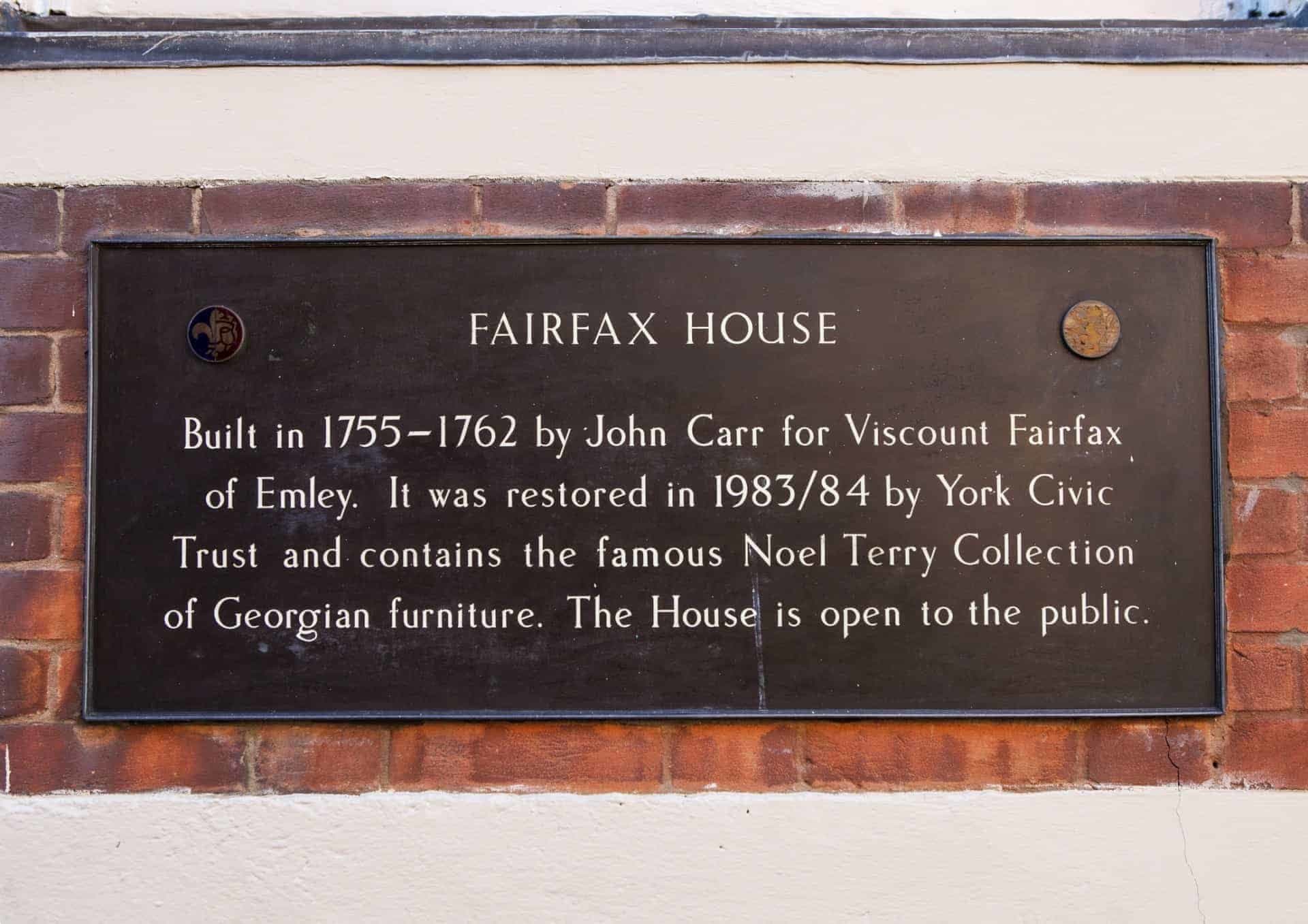
Bar Convent
Save for its reopening after a two-million-dollar restoration by a television presenter, the Bar Convent was low-profile for most of its history. Mary Ward, heroine of the Catholic resistance, founded this convent in the late 17th century. Sisters of the Bar risked their lives in operating the convent and school during threatening periods of anti-Catholic sentiments. Rebuilt in the mid-18th century, the chapel’s dome was hidden behind the pitched slate roof. A multipurpose place today, the Bar Convent holds interactive exhibitions for you to enact the times of secrecy – hide in a priest hole with the voices of your persecutors overhead.
W.H. Auden’s House
“Stop all the clocks, cut off the telephone,
Prevent the dog from barking with a juicy bone,
Silence the pianos and with muffled drum
Bring out the coffin, let the mourners come.Let aeroplanes circle moaning overhead
Scribbling on the sky the message ‘He is Dead’.
Put crepe bows round the white necks of the public doves,
Let the traffic policemen wear black cotton gloves.He was my North, my South, my East and West,
My working week and my Sunday rest,
My noon, my midnight, my talk, my song;
I thought that love would last forever: I was wrong.The stars are not wanted now; put out every one,
Pack up the moon and dismantle the sun,
Pour away the ocean and sweep up the wood;
For nothing now can ever come to any good.”
Funeral Blues is arguably Wystan Hugh Auden’s most famous poem. Visit the birthplace of a celebrated poet, critic, and playwright – a magnificent three-storey townhouse from the 1840s. Featured on walking tours of York’s literary festival, literature fans are sure to be delighted!
Treasurer’s House
A city with as rich a history as York is nothing short of haunted tales. For those in search of the supernatural, Treasurer’s House spooky story is sure to satisfy.
Envisage this: it is 1953. You are a teenage plumber, an apprentice sent to cellar of a house in the shadow of the Minister. It is just another day at work… when a Roman soldier materializes from the wall before you! What’s more, this soldier towering before you is only visible from his knee-up! Face to face with this medieval ghost clad in armour, a cart horse and 20 other soldiers follow suit. And the worst part? All you could do is take a couple of weeks off work because telling everyone what you had just witnessed would make you the object of ridicule. This was Harry Martindale’s chilling experience, only revealed in the 1970s. Formerly home to the Minister’s treasurer, archbishops, and a wealthy industrialist, the house and its garden today belongs to the National Trust.
With locales as colourful as their inhabitants, York England is a city more enchanting than any fiction. This is just a preview of the fantastical offerings of the adventure that awaits.
The following links to our previous articles may also be of interest:
- Georgian Style of Architecture
- How to prepare for a walking holiday
- Touring England’s Villages
- (Tour) Wainwright Walking Trail
Small group tours for senior travellers
Odyssey Traveller is famous for our small groups, and we average eight participants per tour. Our maximum group size is eighteen people, which ensures quality, flexibility and care that is tailored to our clients. We specialise in small group tours for the senior traveller who is seeking adventure or is curious about the world we live in. Typically, our clients begin travelling with us from their mid 50’s onward. But be prepared to meet fellow travellers in their 80s and beyond! Both couples and solo travellers are very welcome on our tours.
Originally published November 20, 2018.
Updated on October 17, 2019.
Updated 23rd September 2021.

Related Tours
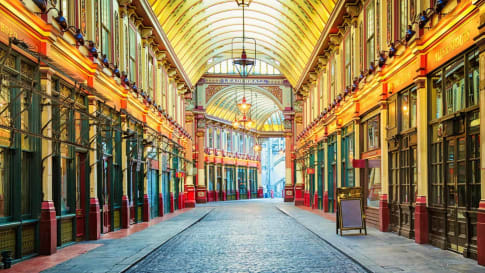
21 days
Sep, JunQueen Victoria's Great Britain: a small group tour
Visiting England, Scotland
A small group tour of England that explores the history of Victorian Britain. This escorted tour spends time knowledgeable local guides with travellers in key destinations in England and Scotland that shaped the British isles in this period including a collection of UNESCO world heritage locations.
From A$16,675 AUD
View Tour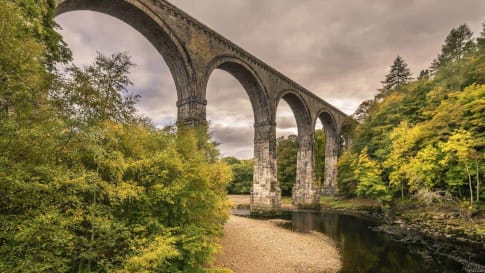
23 days
Oct, Apr, SepCanals and Railways in the Industrial Revolution Tour | Tours for Seniors in Britain
Visiting England, Scotland
A small group tour of Wales, Scotland & England that traces the history of the journey that is the Industrial revolution. Knowledgeable local guides and your tour leader share their history with you on this escorted tour including Glasgow, London, New Lanark & Manchester, Liverpool and the Lake district.
From A$18,750 AUD
View Tour
27 days
Jun, Aug, MaySmall Group Tour along the Wainwright Walking trail
Visiting England
Part of the small group tour of the British isles series, this walking tour goes west to east across England. The tour leader takes you into the national park of the UNESCO World heritage site in the Lake district and the North Yorkshire moors. This trip concludes in York. It is designed for senior walkers seeking authentic experiences.
From A$18,475 AUD
View Tour
22 days
Apr, AugSeven Ages of Britain, snapshots of Britain through the ages.
Visiting England, Scotland
This guided small group tour starts in Scotland and finishes in England. On Orkney we have a day tour to the UNESCO World heritage site, Skara Brae, before travelling to city of York. Your tour leader continues to share the history from the Neolithic to the Victorian era. The tour concludes in the capital city, London.
From A$16,895 AUD
View TourRelated Articles
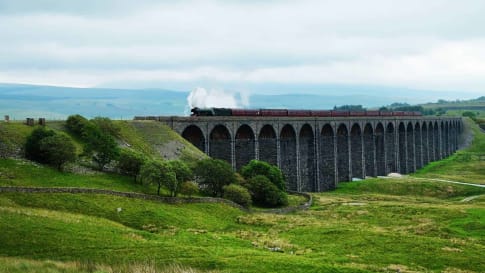
15 books on Britain's Industrial Revolution
Fifteen books on Britain’s Industrial revolution This reading list on Britain’s Industrial revolution complements Odyssey Travellers escorted small group tour that traces via the canal and railway network, the evolution of this monumental change in…

A Journey Through Britain's Roman Roads
Rome's roads constitute the most remarkable culmination of its technological, logistical and bureaucratic achievements. Even a brief understanding of their history and significance can enrich your experience walking tour of Britain.
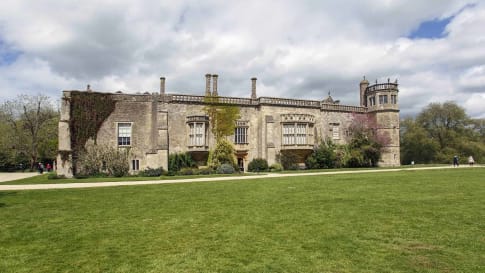
Britain’s National Trust role for successful small group history tours
Britain’s National Trust: Historic houses, gardens and natural wonders Britain is home to many attractions, many of them rich in the region’s history. Sites and artefacts are preserved beautifully, and kept safe from future development.…

British Village Icons: Definitive Guide for Travellers
Icons of the British Villages: Pubs and Cottages The British pub and cottage figure prominently in the image of a (often romanticised) quintessential “British village”. In this article, we will give special attention to these…
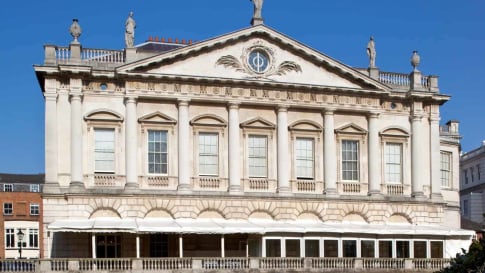
Georgian Style of Architecture: Definitive Guide for Seniors
Article to provide the senior couple or mature solo traveler with an appreciation of the influence of Georgian Architecture in Britain when on a small group educational tour.
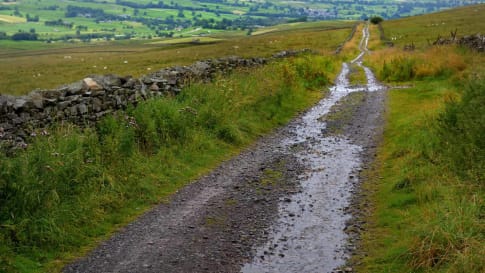
Roman Roads in Britain: The Definitive Guide
Roman Roads in Britain Roads were crucial in the Roman Empire: they facilitated the speedy deployment of troops and the free movement of supplies. Later, when Roman towns began growing into urban centres, the roads…

Studying Gargoyles and Grotesques: The Definitive Guide for Travellers
Article to support world travellers since 1983 with small group educational tours for senior couples or mature solo travellers interested in British and European history.

Understanding British Churches: The Definitive Guide for Travellers
British Churches Through the Years “How old is this church?” asks Mary-Ann Ochota in a chapter of her book, Hidden Histories: A Spotter’s Guide to the British Landscape (Francis Lincoln, 2016, p. 250). In this article, we…
Yorkshire, England in the 17th-19th Centuries
Article to support escorted small group tours to Northern England for senior couples and mature solo travellers. Learn and explore not only about Yorkshire and walking the Wainwright, but Durham Newcastle, the romantics of the Lake district or the inspiration for English literature.
